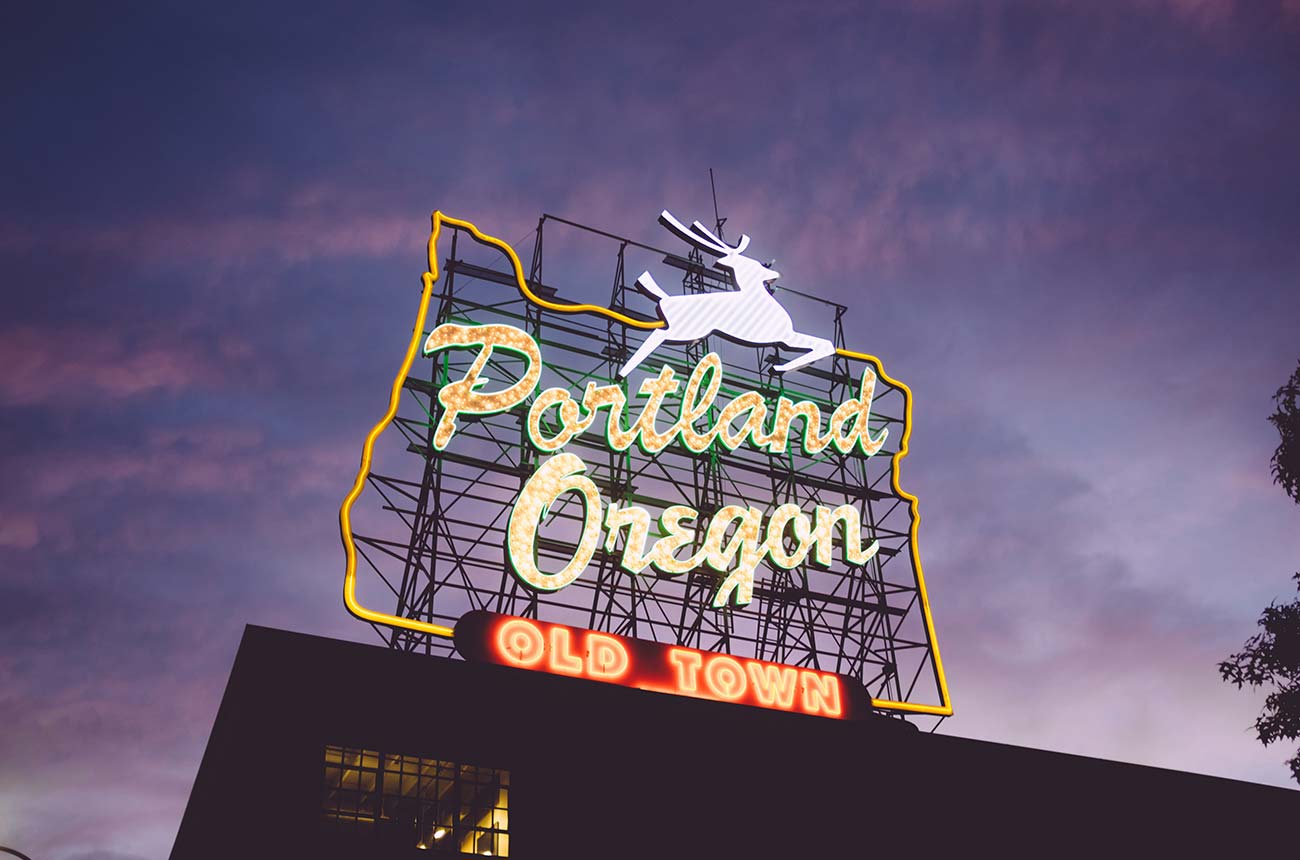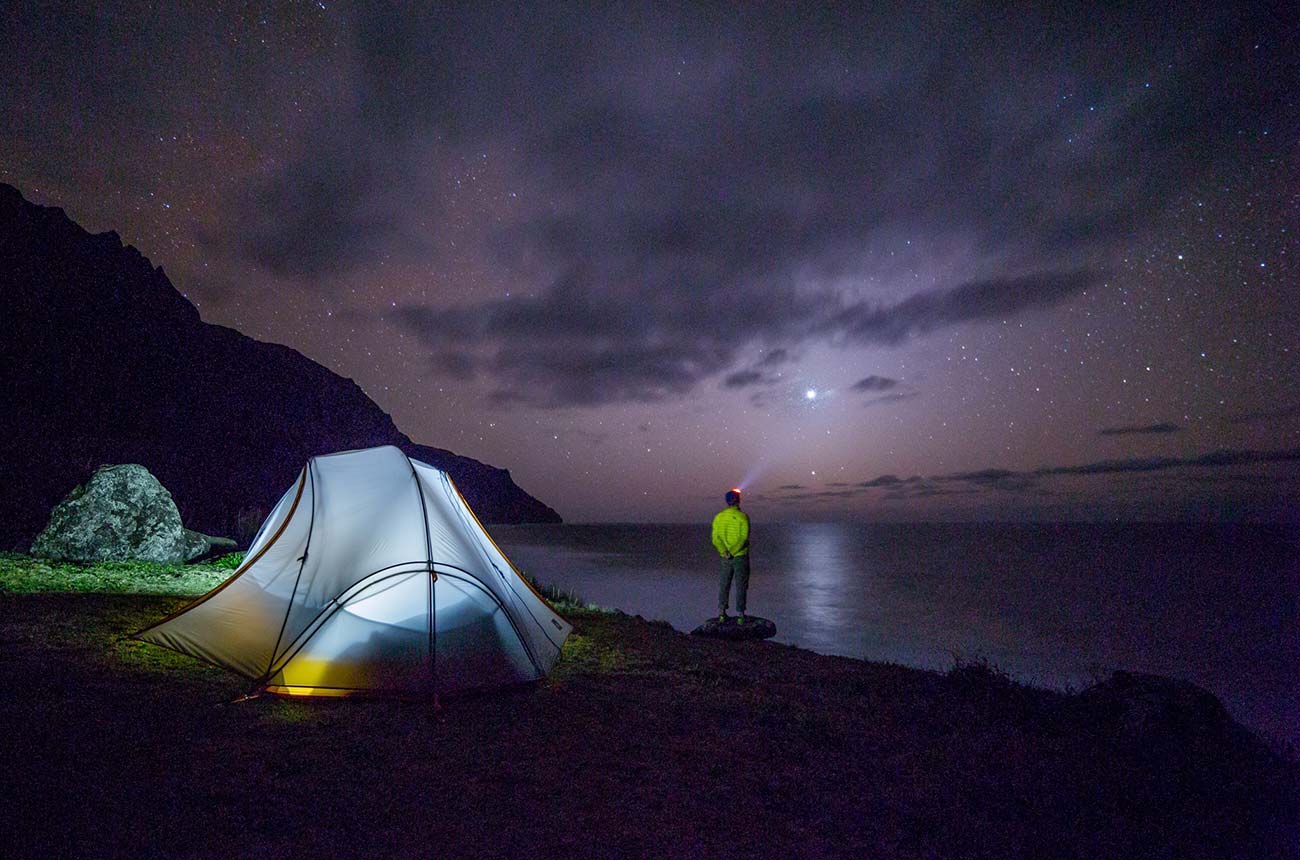Hiring event bartenders requires more than good mixology skills, especially for the top bartender events. It’s a compliance-driven decision that protects your guests and your liability. Many planners focus on cocktails and pricing but miss critical verification steps. Before you hire any event bartender, confirm their insurance, training, backup systems, pricing legitimacy, and venue compliance. These five red flags separate safe service from serious risk and are essential knowledge for hiring event bartenders.
CEO Excerpt
Planners check insurance but miss the #3 red flag: the backup plan. A solo bartender is a single point of failure. If they get sick, you're sunk. We provide insured, certified teams, not just individuals. That's the real protection.
Why This Matters
Serving alcohol transfers legal responsibility to the event holder. If a bartender serves underage guests or causes an incident, the liability can fall on the planner or venue. Certified event bartenders operate under state rules and carry coverage that protects you. Unverified bartenders don’t, and that’s where most claims begin. This distinction is critical when hiring event bartenders.
Red Flag #1: No Proof of Liquor Liability Insurance
Always ask for liquor liability insurance, not just general coverage. This policy covers alcohol-related incidents like overserving or guest injury. According to small business insurers, this is a non-negotiable policy for any vendor serving alcohol. Request a Certificate of Insurance (COI) showing at least $1–2 million in coverage and your venue listed as additionally insured. Without it, the event host absorbs the risk. Professional bartender hire services issue COIs within 24 hours of confirmation; uninsured contractors cannot.
Red Flag #2: No Certified Staff (TIPS, ServSafe Alcohol, TABC, Smart Serve)
Certification proves bartenders understand ID checks, standard pour sizes, and intoxication recognition. Untrained bartenders waste product and violate laws. Look for programs like TIPS or ServSafe to ensure compliance. Certified event bartenders reduce alcohol waste by up to 20 percent and prevent overserving issues that jeopardize event licenses. A trained bartender protects your guests and your budget, making this a key vetting step in hiring event bartenders.
Red Flag #3: No Backup Staff Plan (The Most Overlooked Failure)
If a solo bartender cancels on the event day, service stops. Many freelancers have no replacement plan. Professional event bartender hire agencies run on-call rosters with standby coverage and supervisors who monitor arrival and execution. Ask directly: “If my bartender cancels the morning of the event, who replaces them?” The answer reveals whether you’re hiring a system or a single point of failure, a crucial difference when hiring event bartenders.
Red Flag #4: Cash-Only or Under-the-Table Pricing
Cash-only offers usually mean no insurance, no tax records, and no contractual protection. If an incident occurs, you cannot claim coverage. Always require a formal invoice and service agreement that defines scope, hourly rate, and liability limits. Professional event bartenders provide transparent pricing and signed terms so both sides are protected. This is a professional standard for hiring event bartenders.
Red Flag #5: No Alignment with Venue Rules
Venues often mandate licensed bartenders, liquor permits, and serving-hour restrictions. A bartender unfamiliar with local codes can cause contract violations or fines. Before you hire event bartenders, verify they understand permit timelines and venue submission requirements. Ask who handles the alcohol permit application: the venue, the planner, or the bartender team. Clear answers signal compliance; vague ones don’t.
The Bottom Line: Why Liability Outweighs Cost
Don’t hire “someone who can pour drinks.” Hire insured, certified, and accountable event bartenders who operate within compliance and supervision.
While understanding the bartender cost breakdown is important, safety and liability must come first. Successful hiring event bartenders means prioritizing compliance.
Premier Staff provides insured, certified bartenders with built-in backup and on-site supervisors for private and corporate events. Request a custom quote to secure coverage and consistency before your next event.

.webp)

.webp)
.webp)
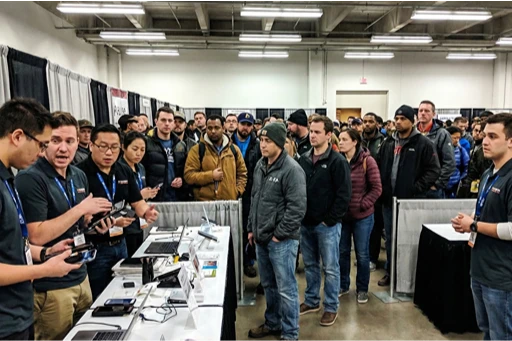
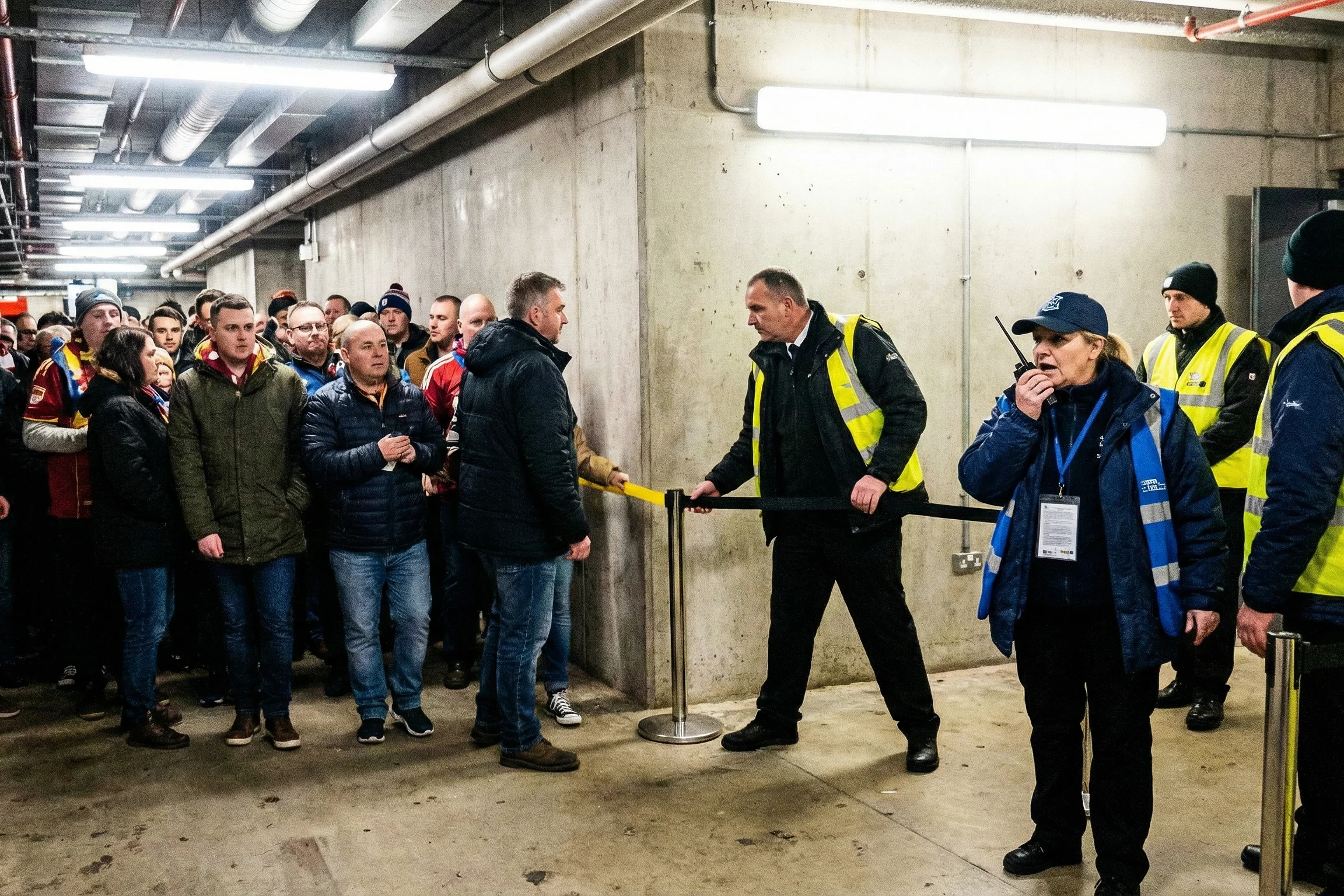
.webp)
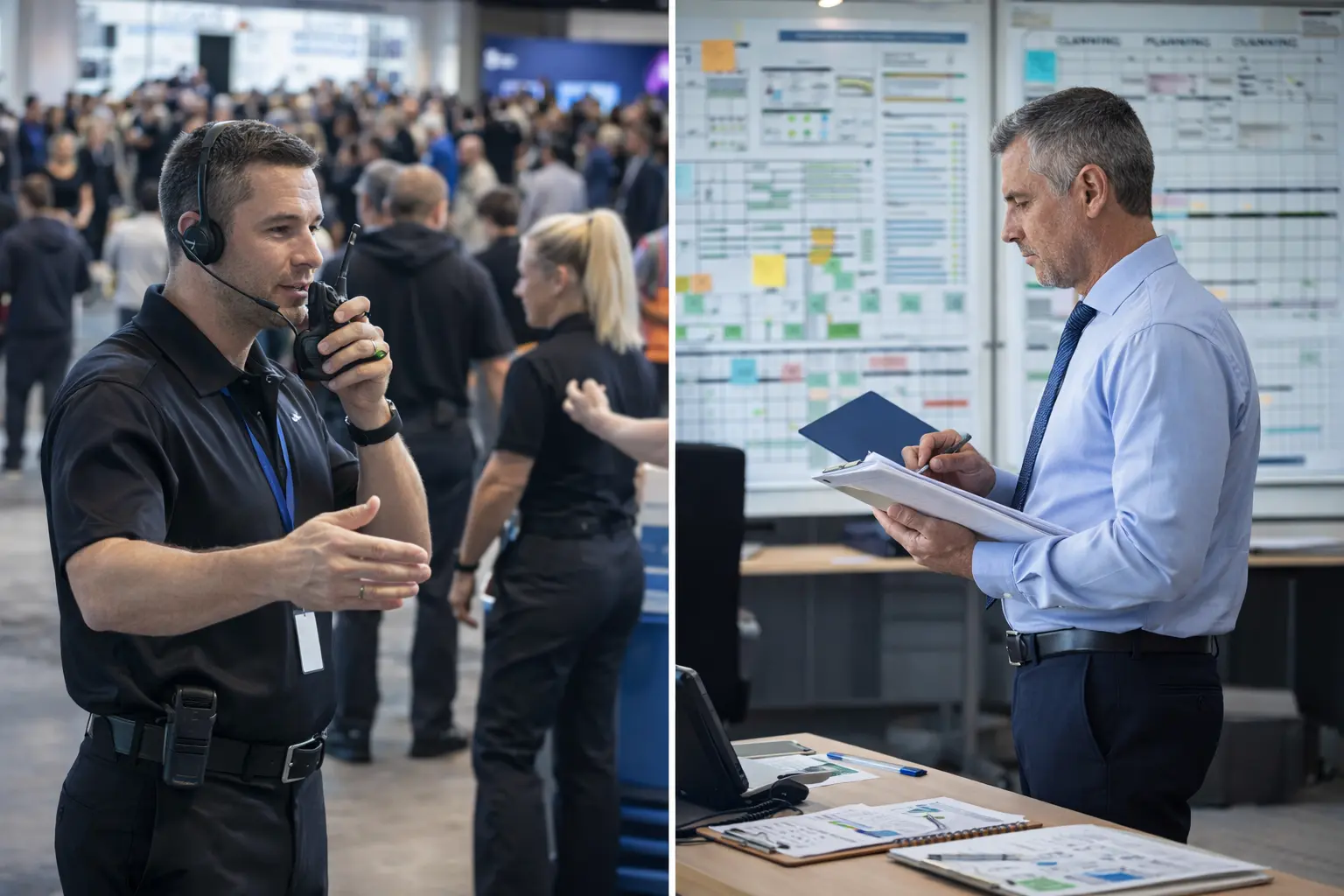
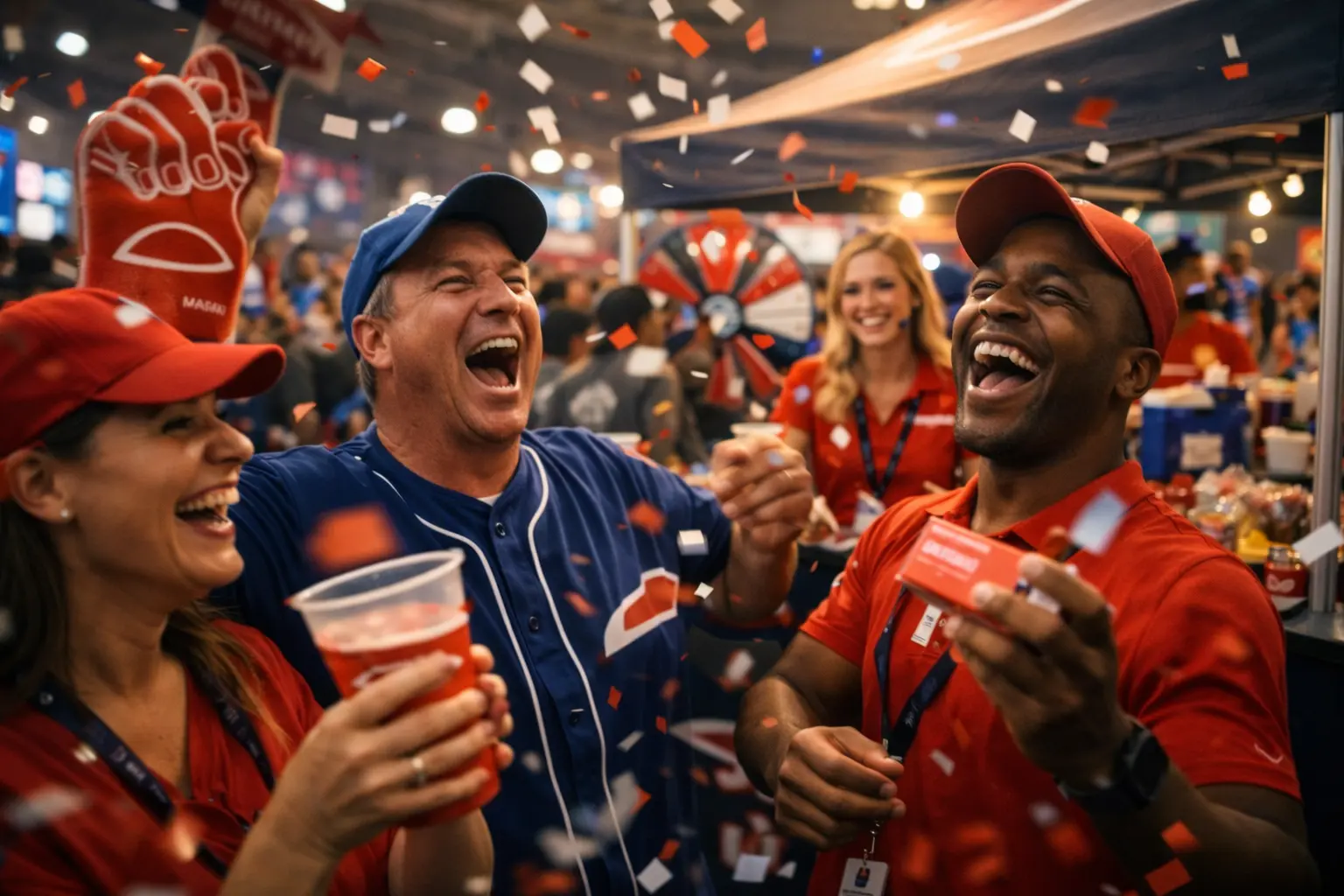
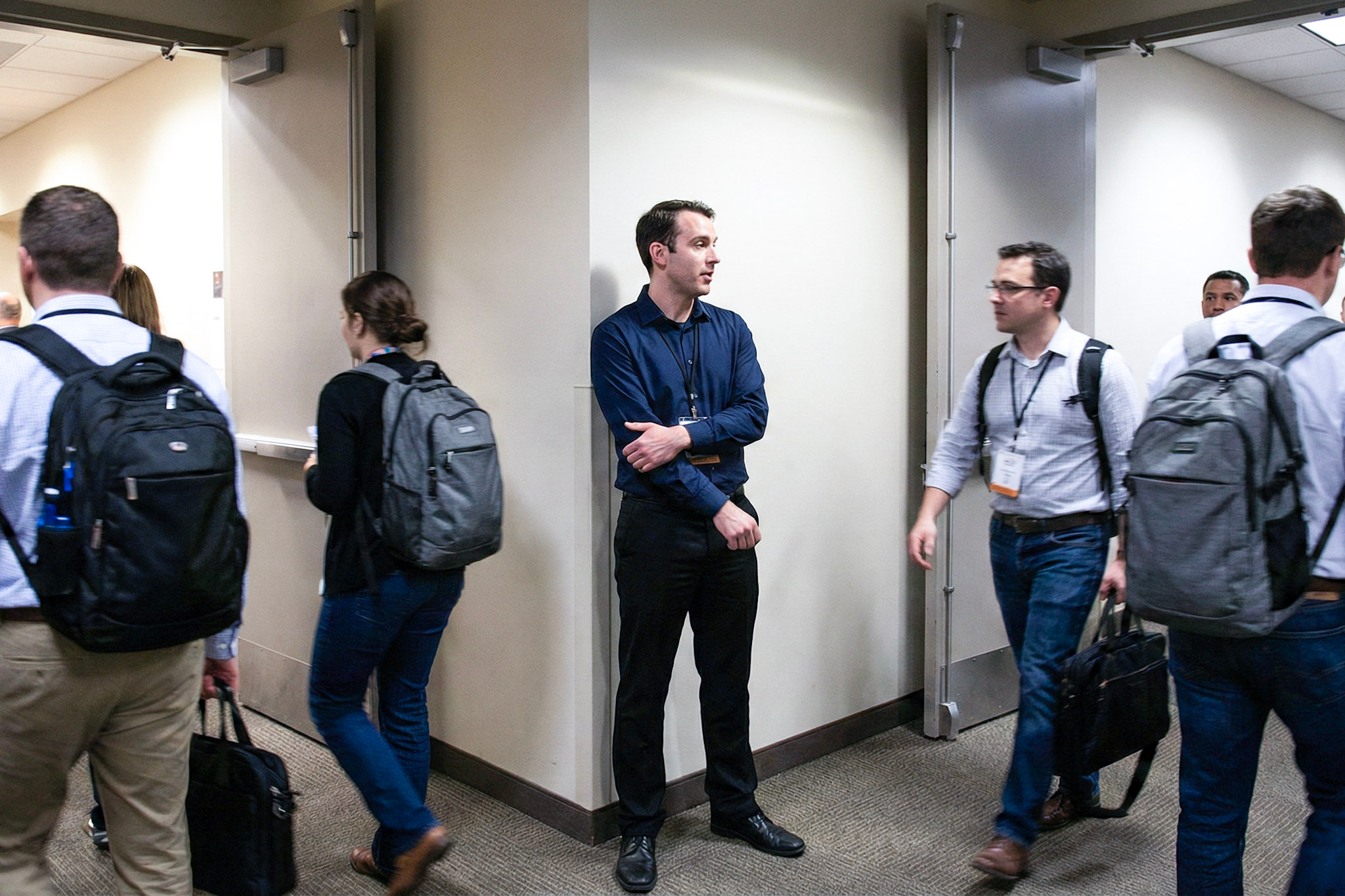
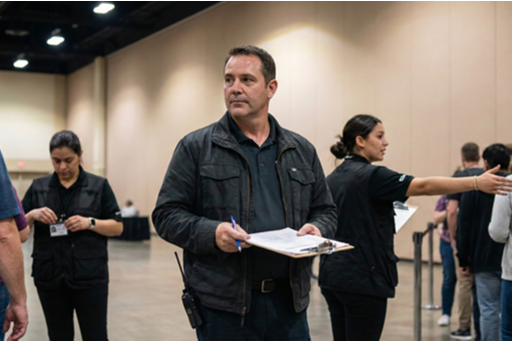
.webp)
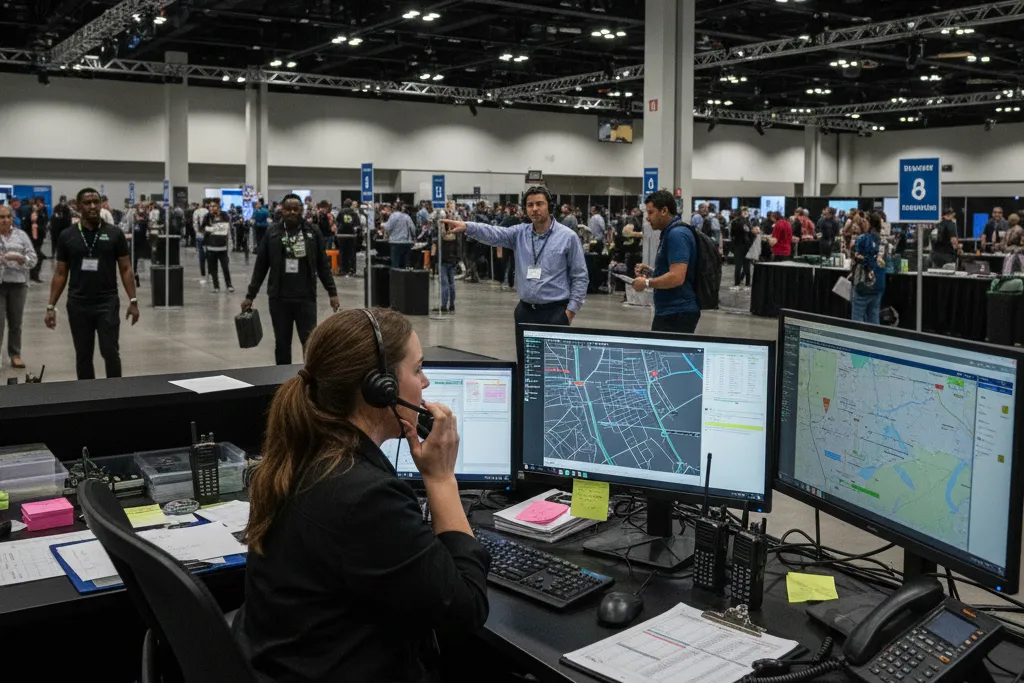
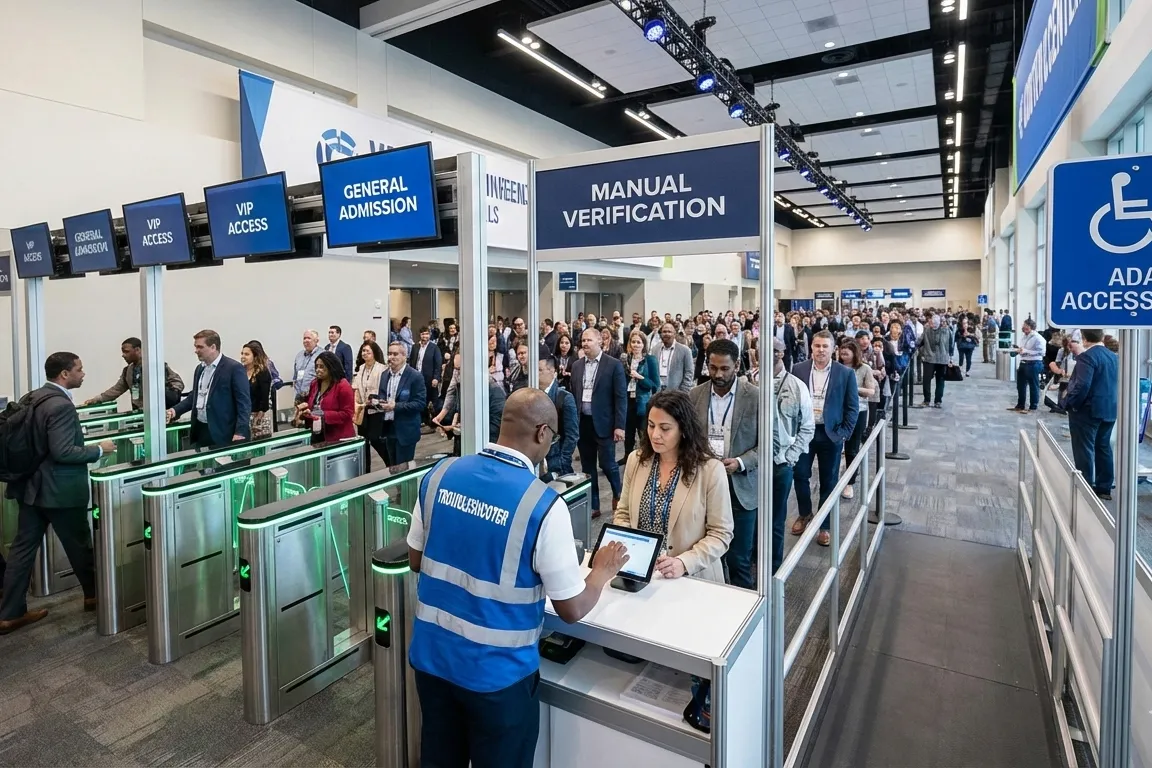
.webp)
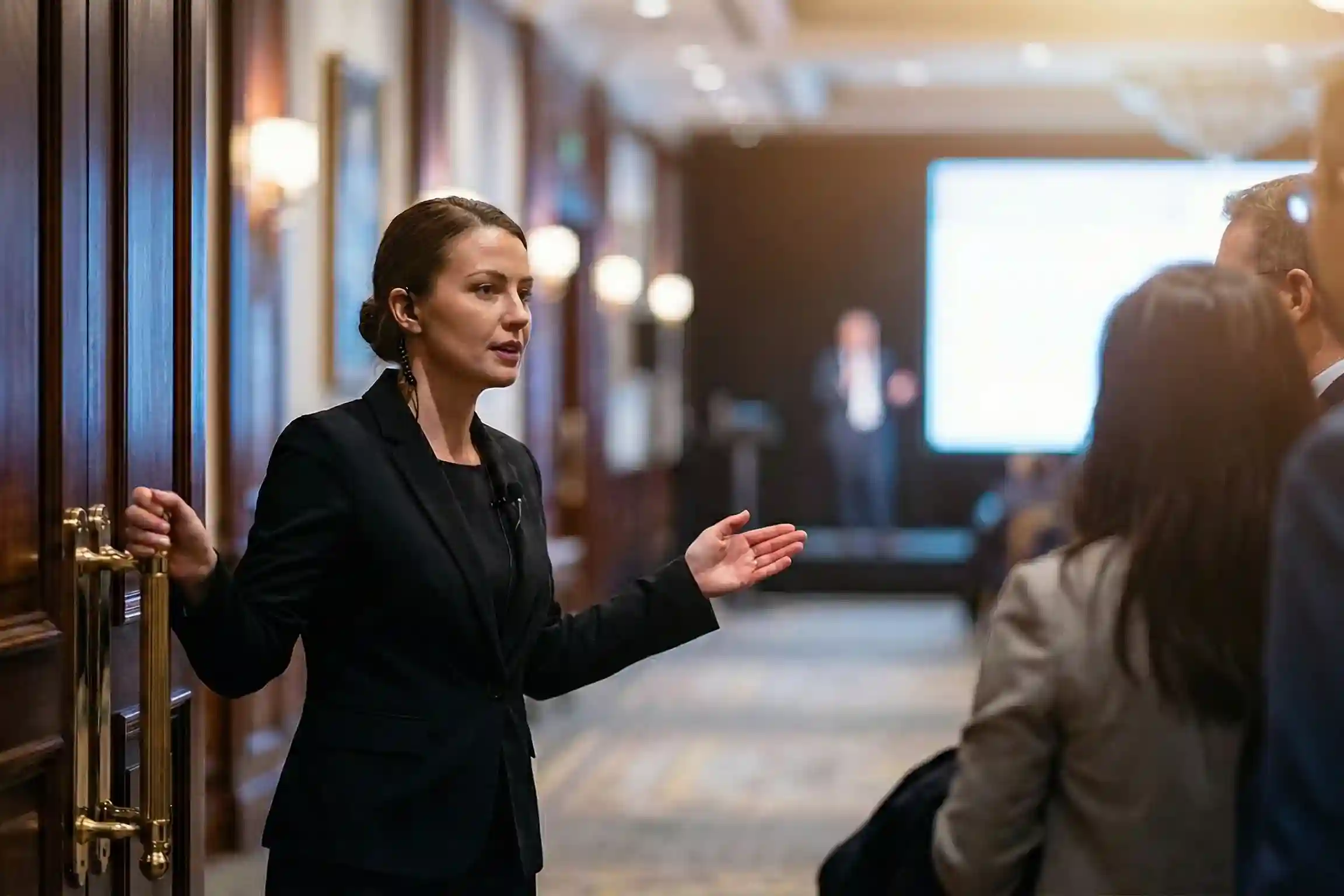
.webp)
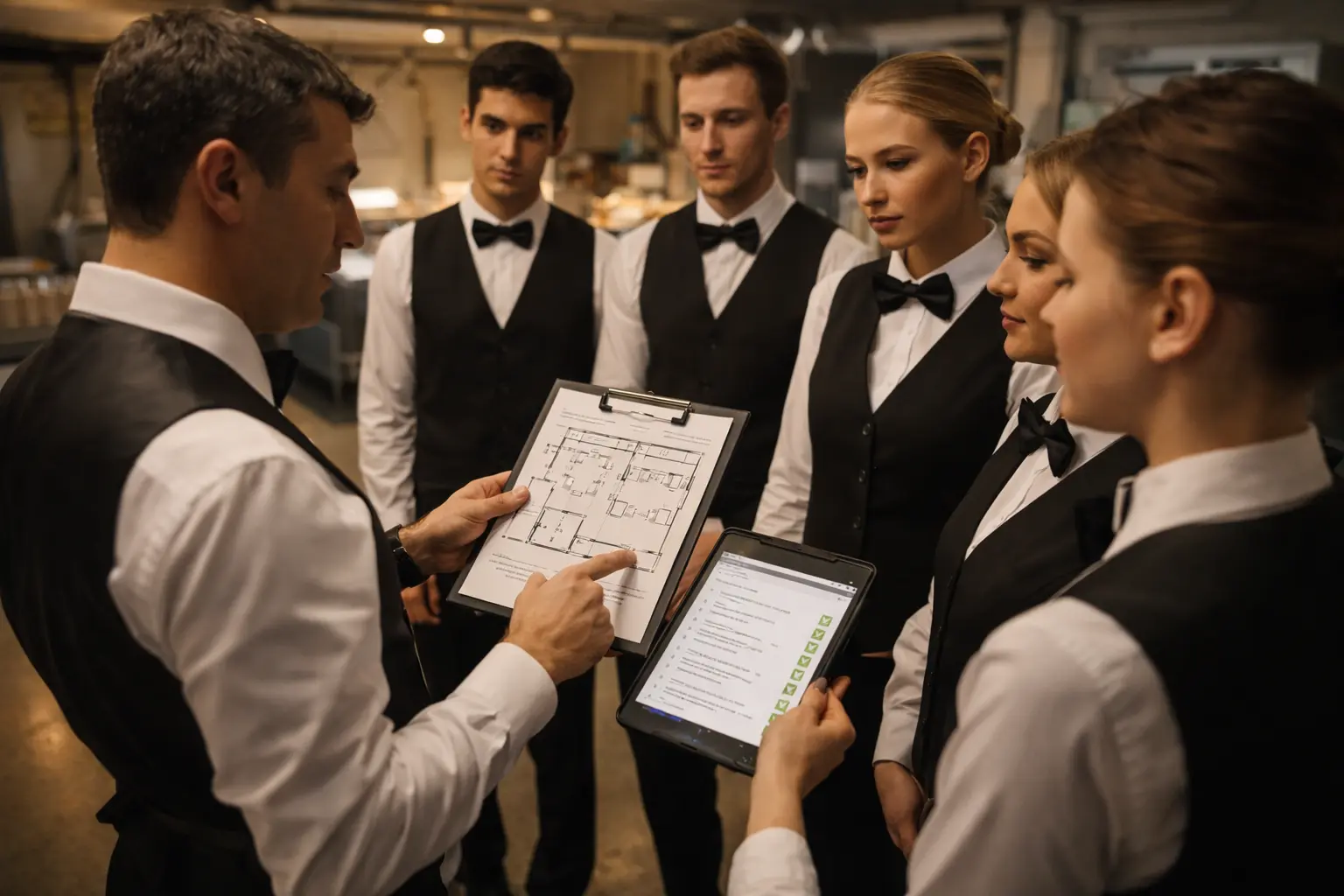
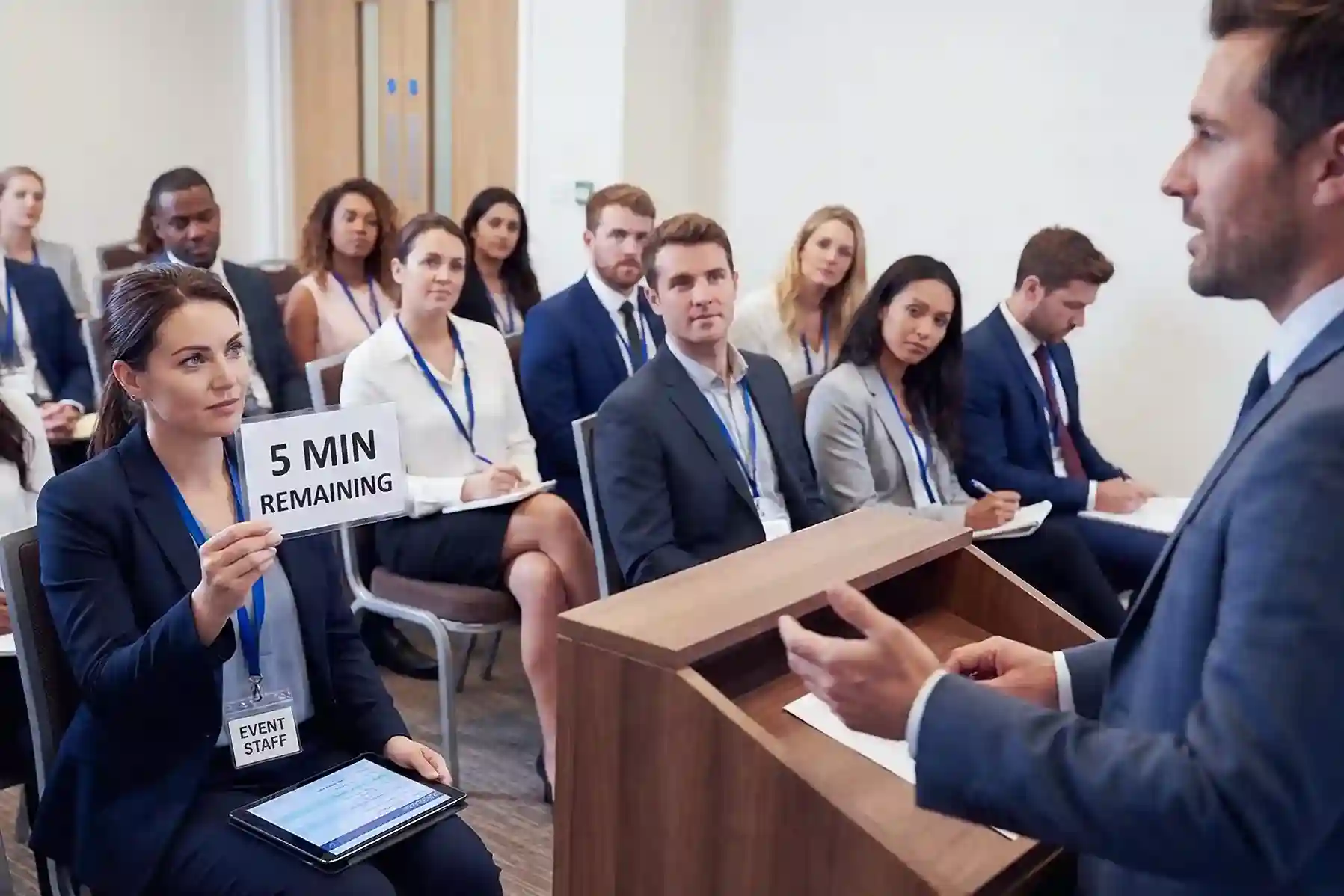
.webp)

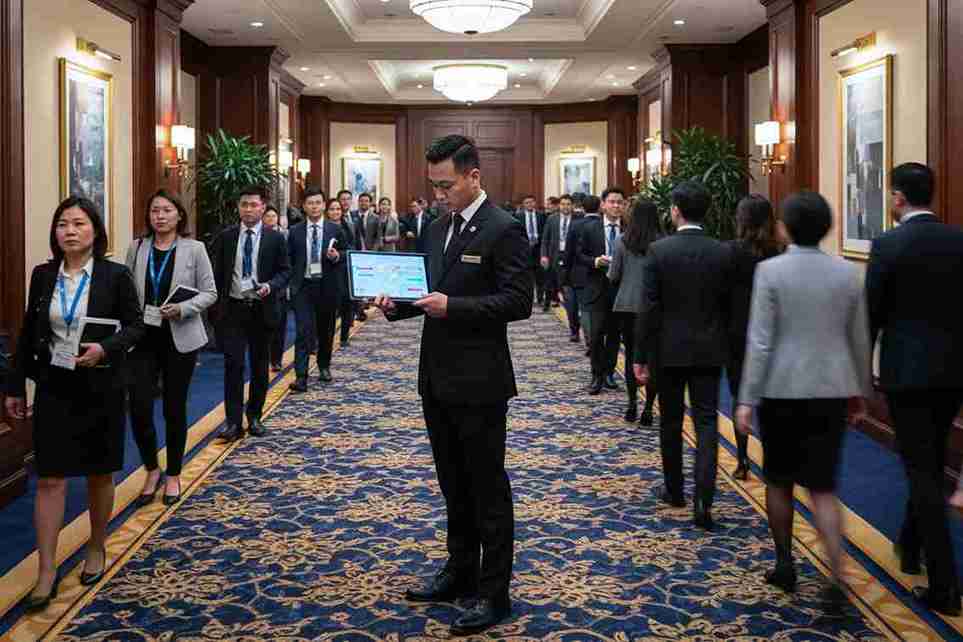
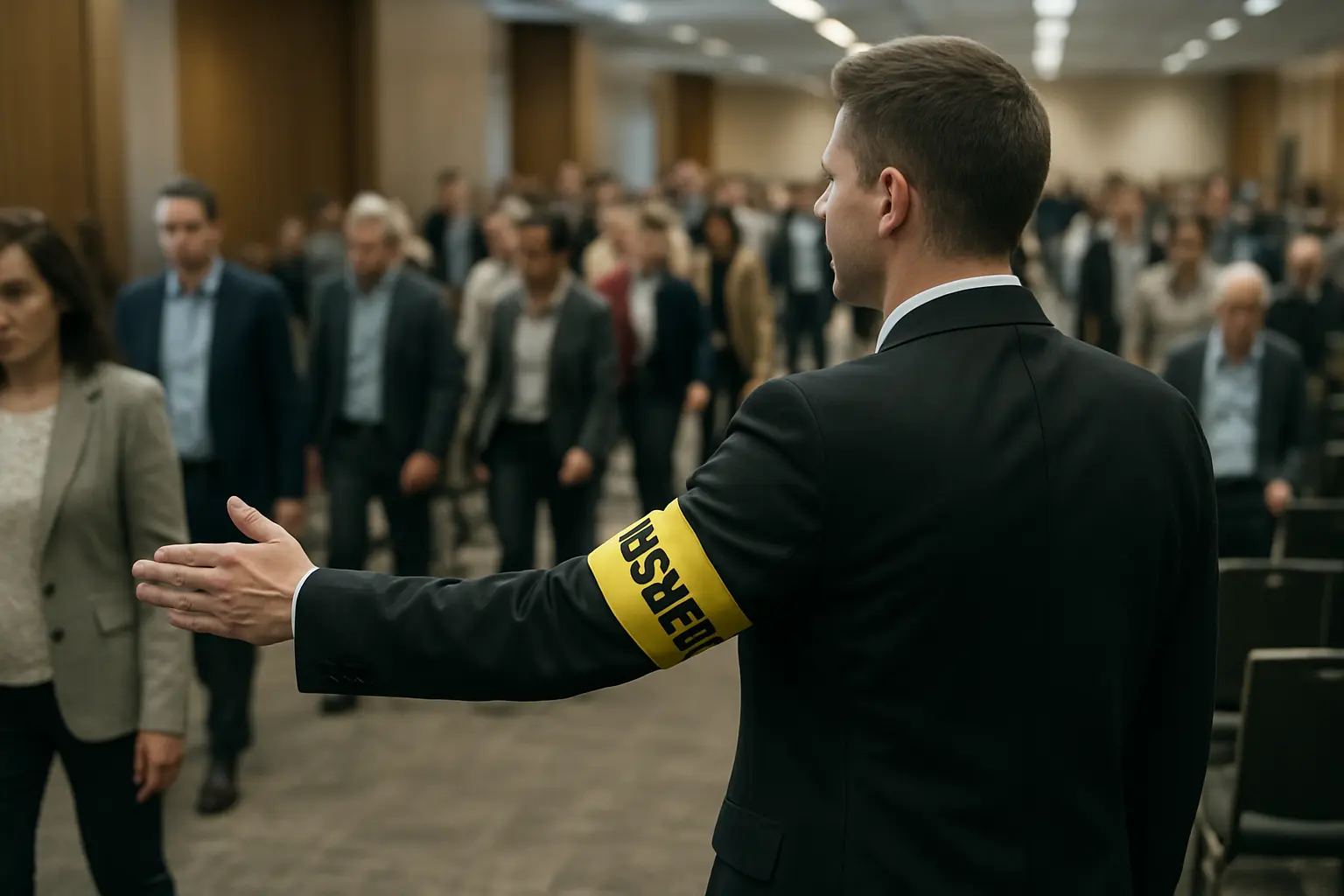
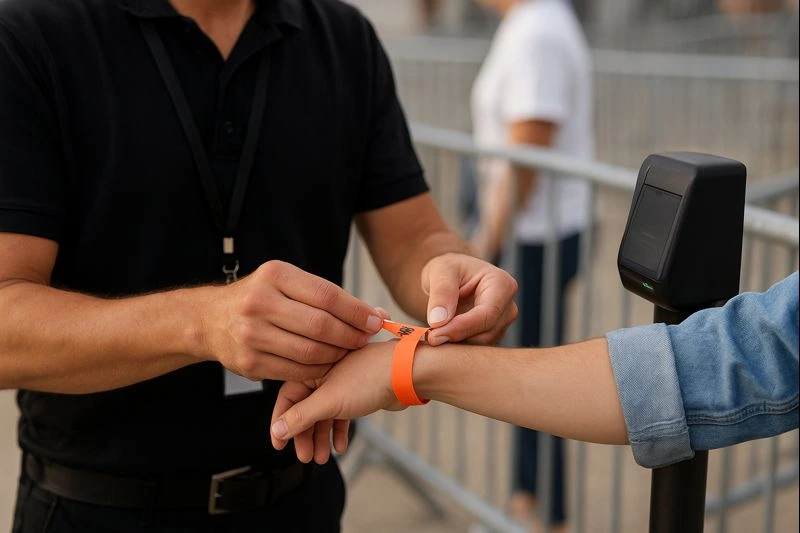
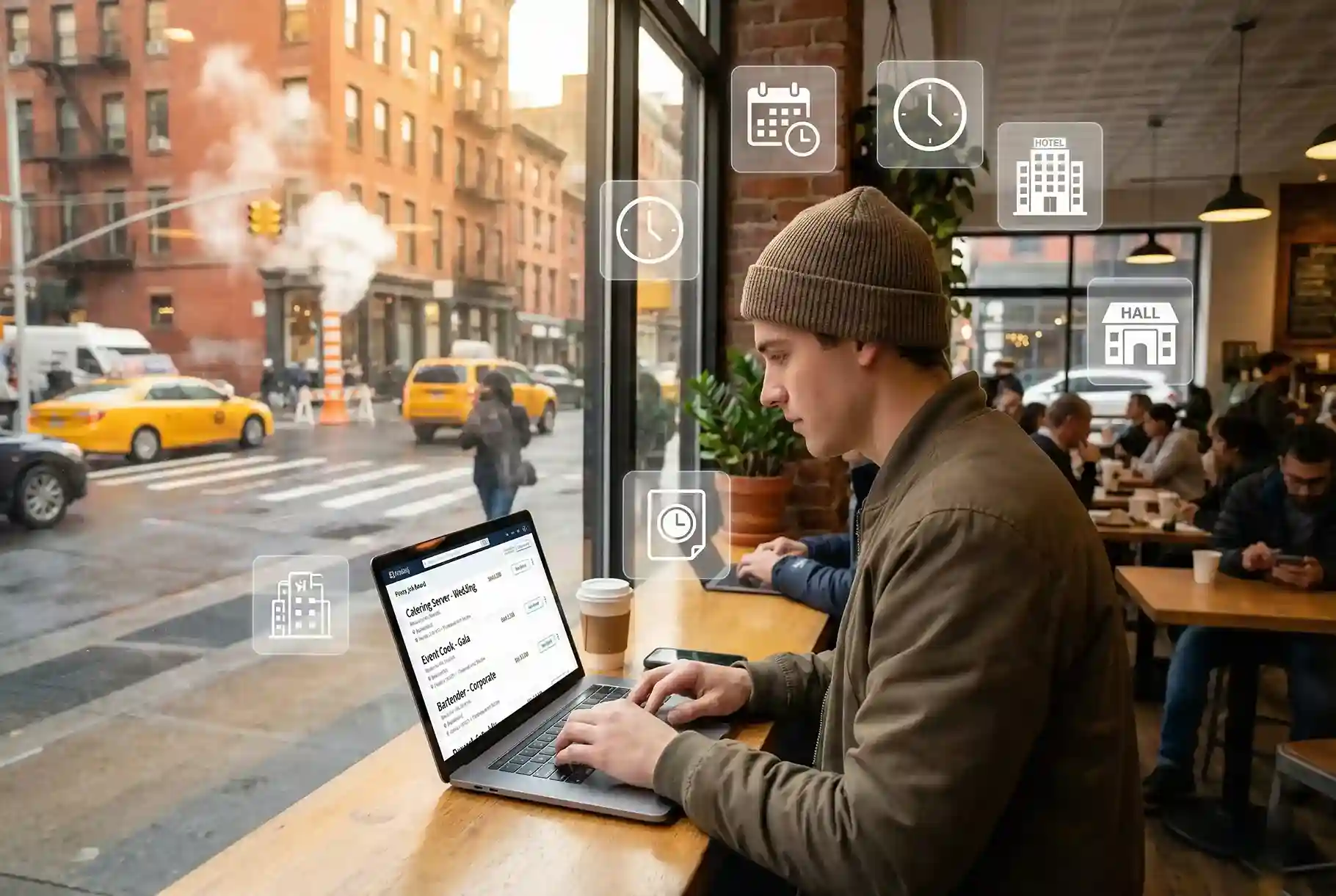
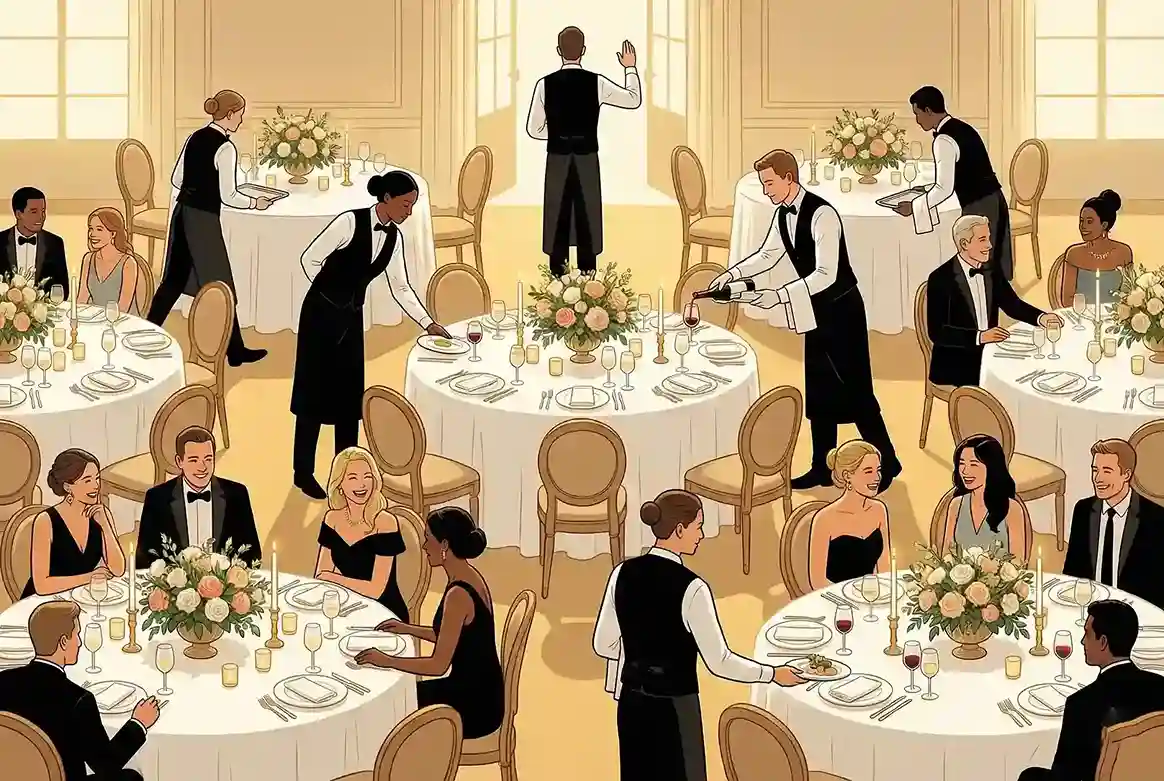
%20(2).webp)
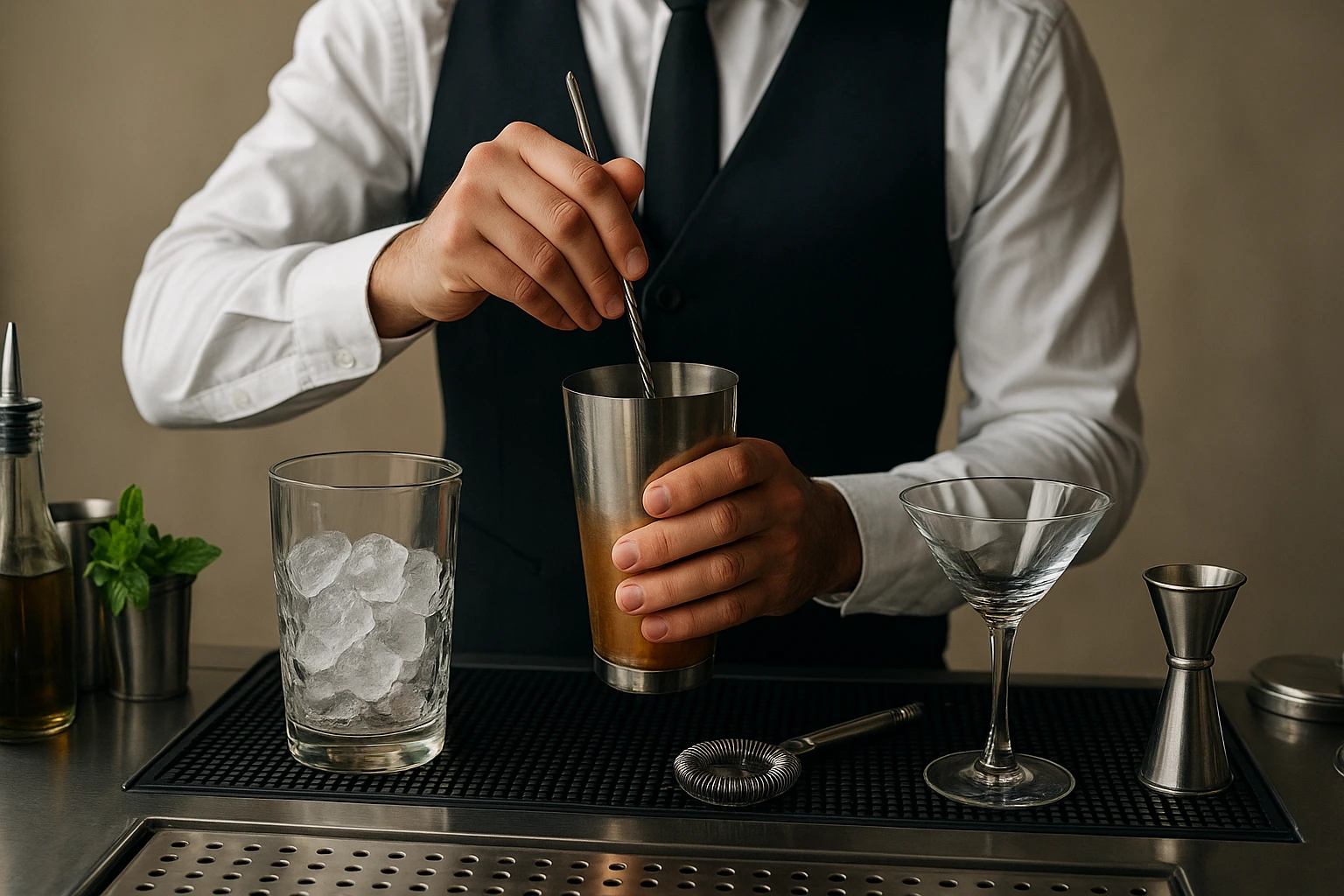
.webp)
.webp)
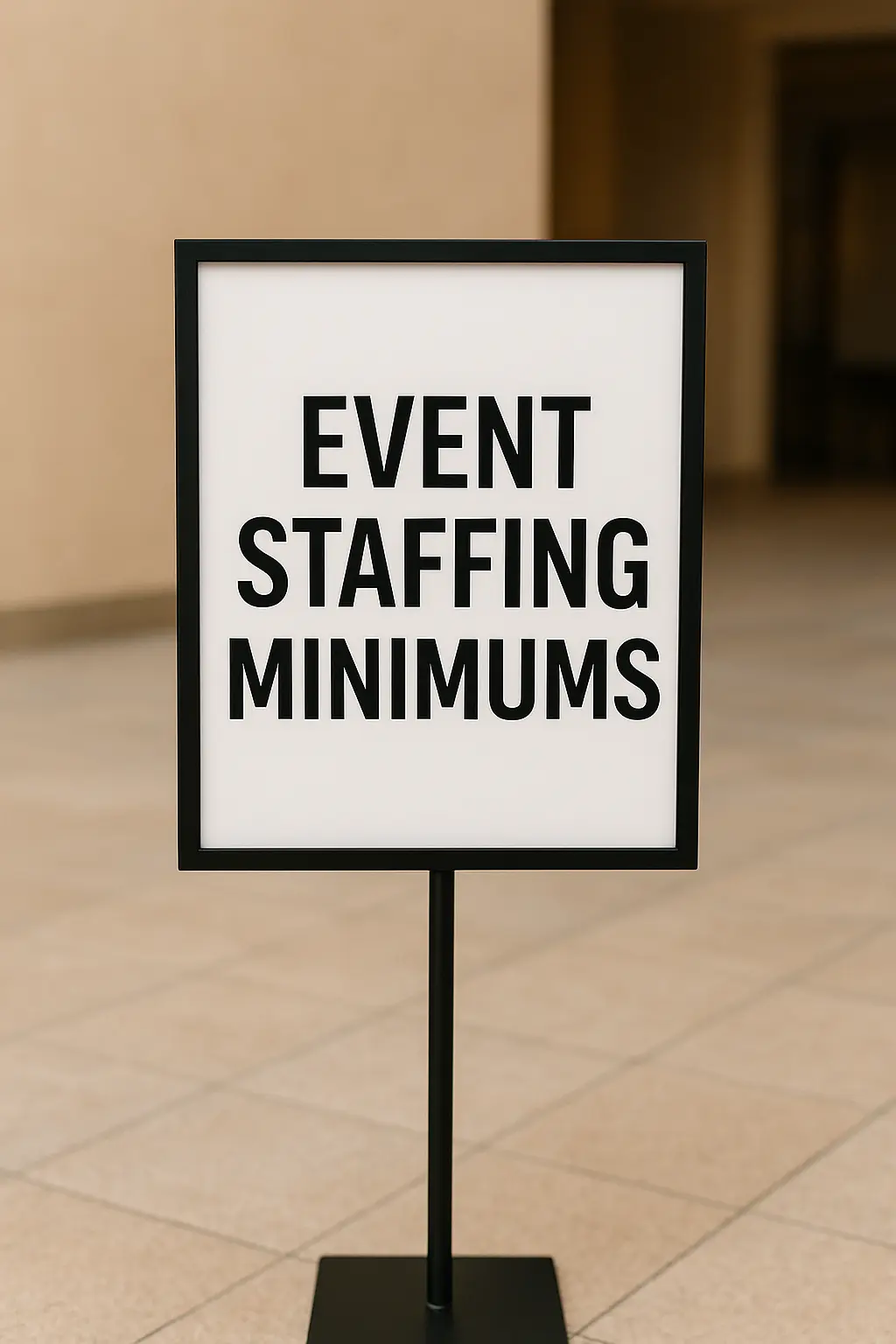
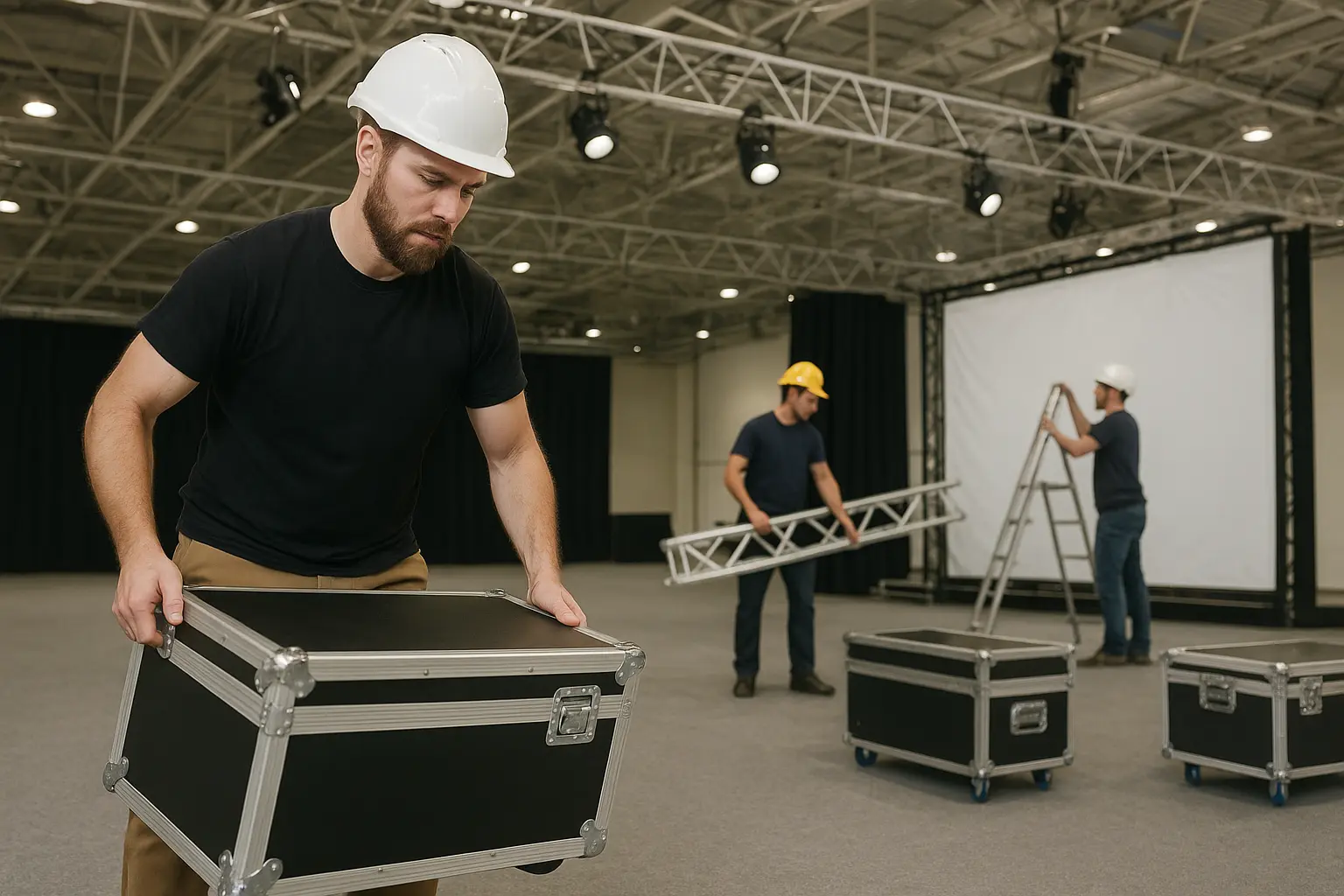
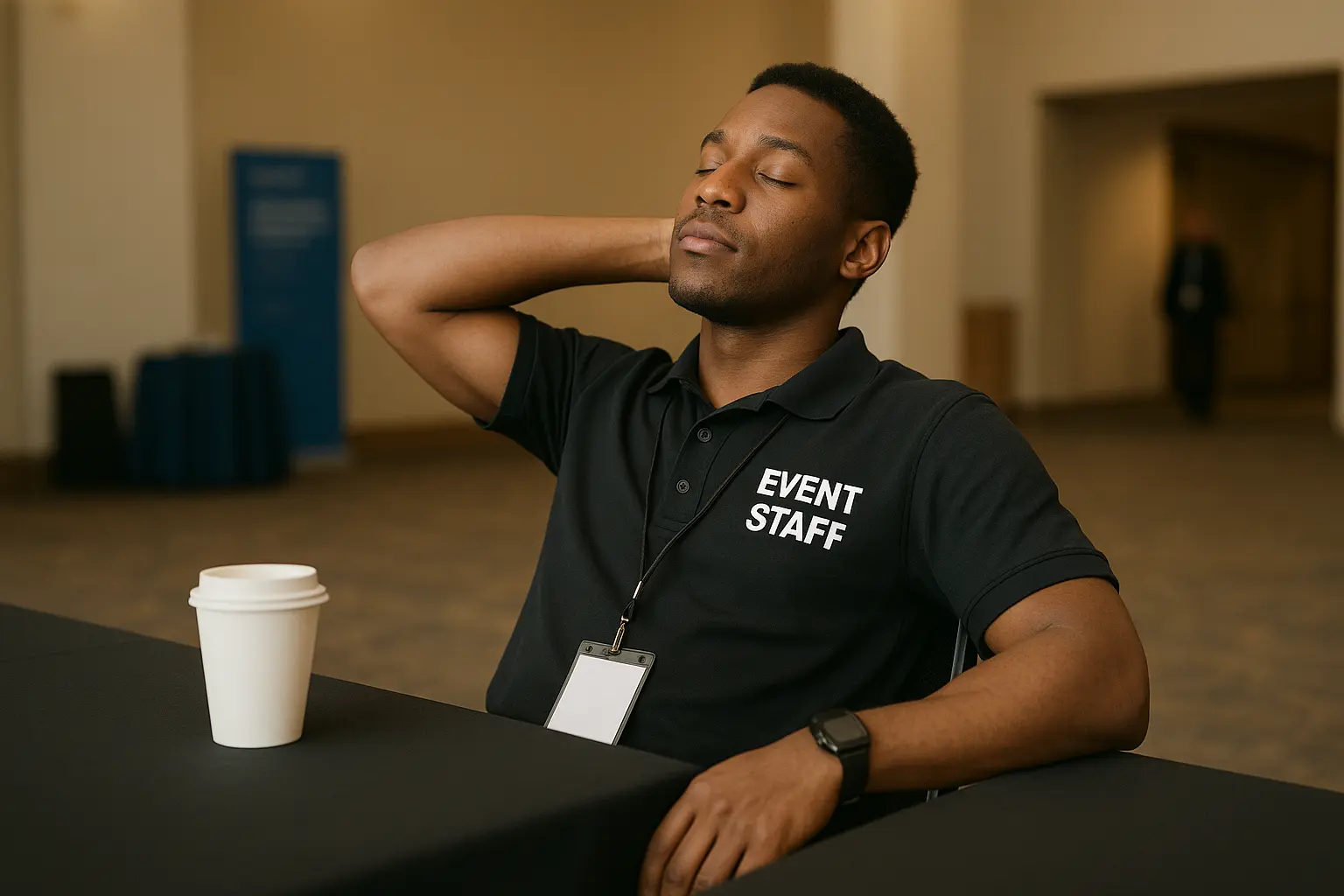
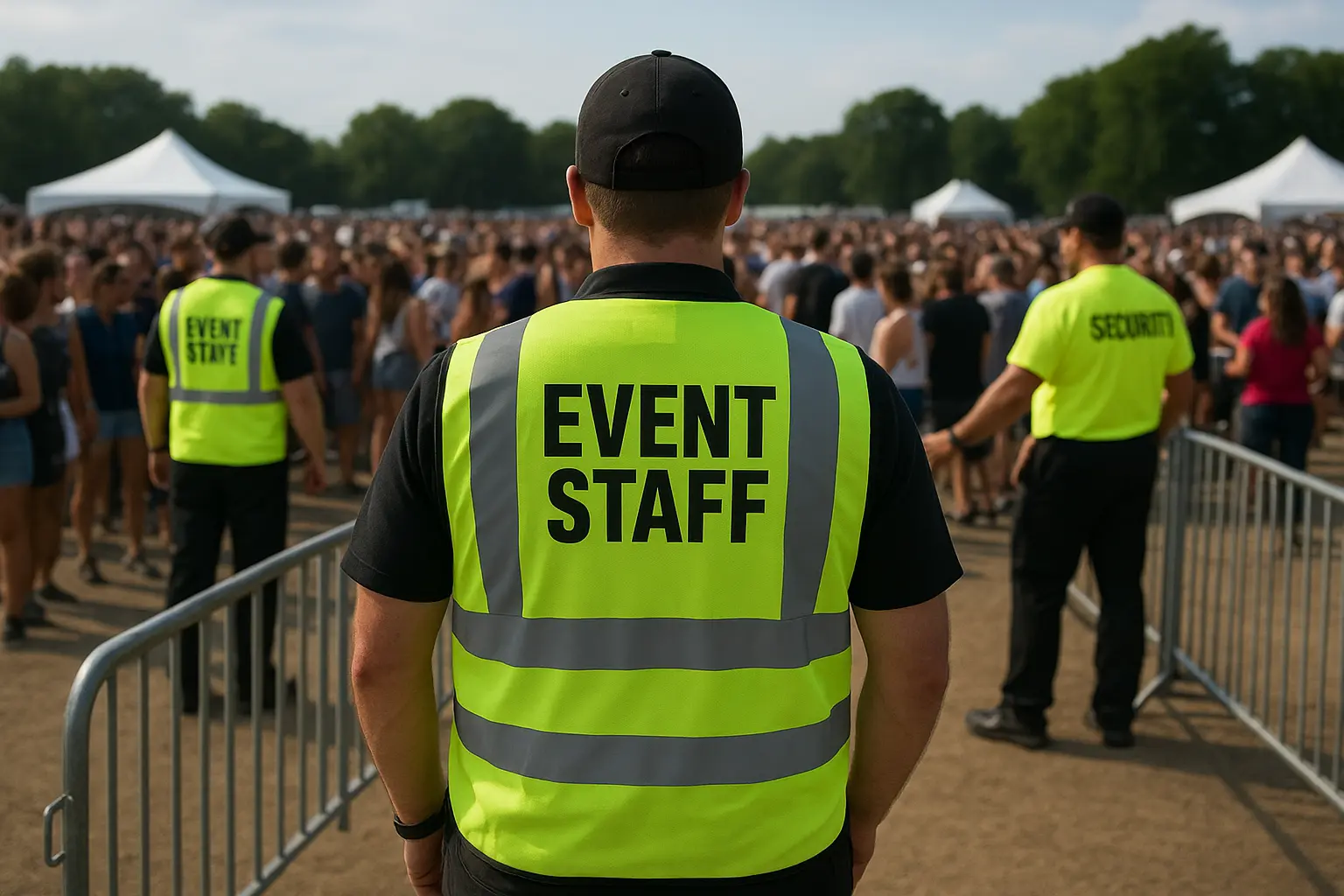
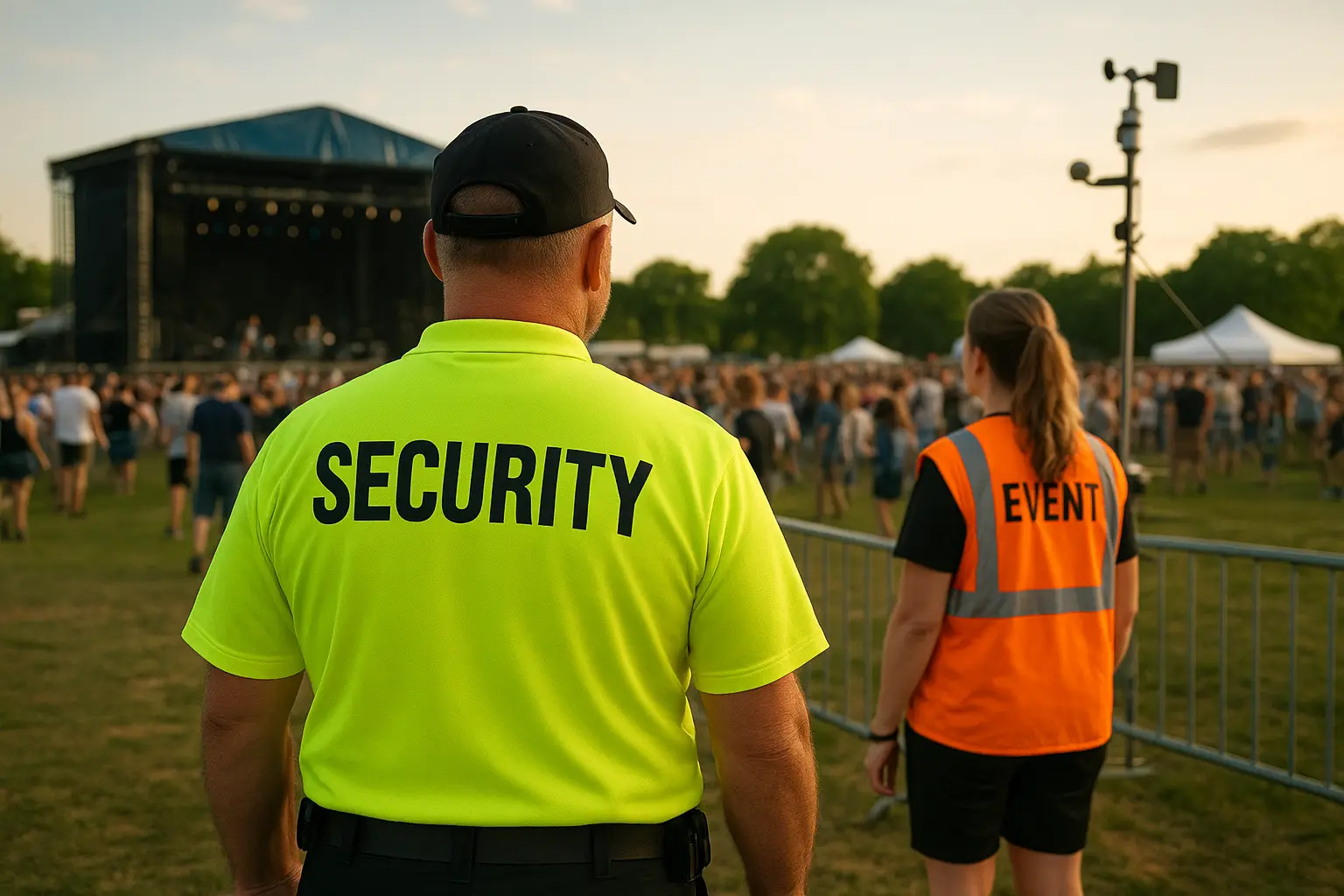
.webp)
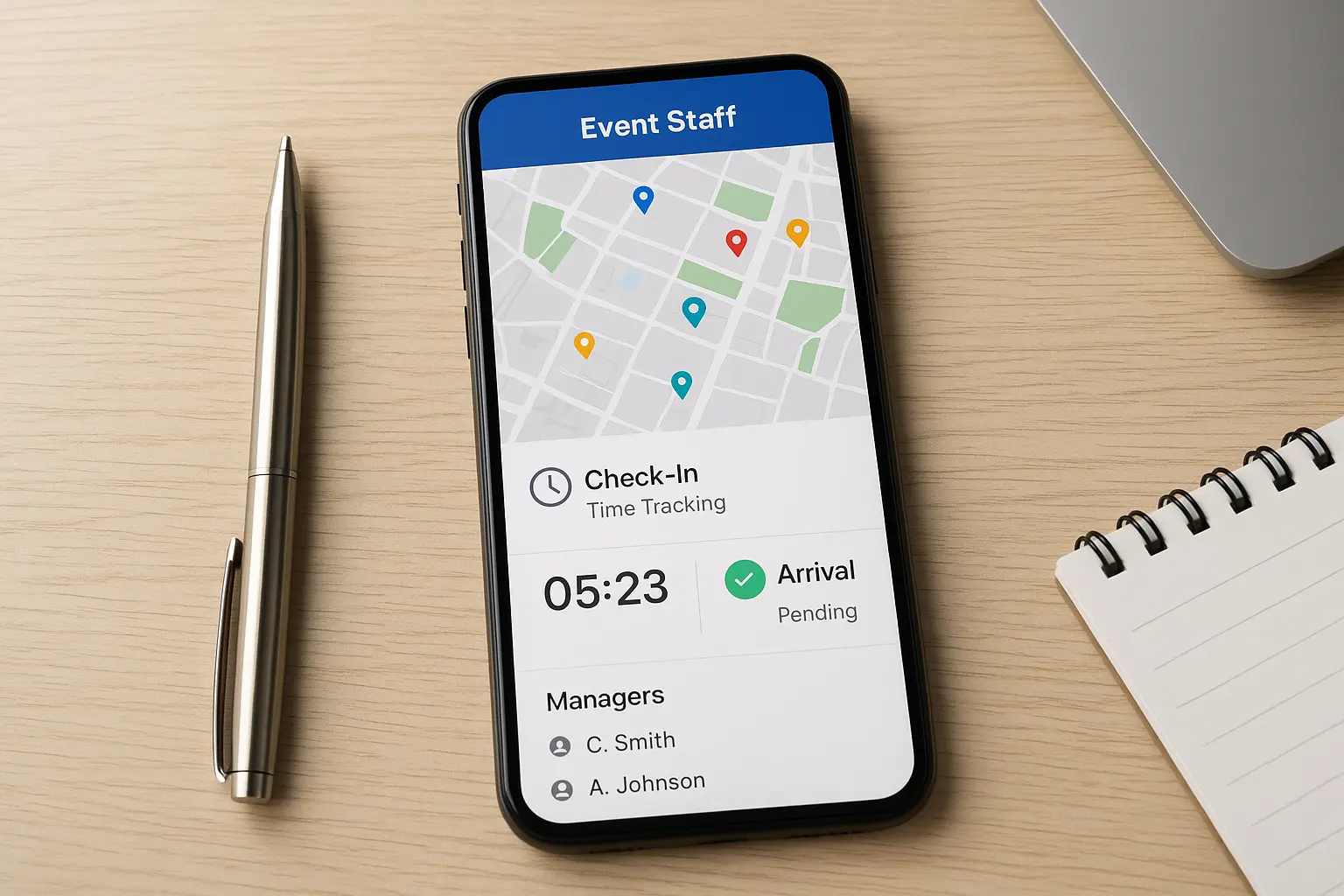
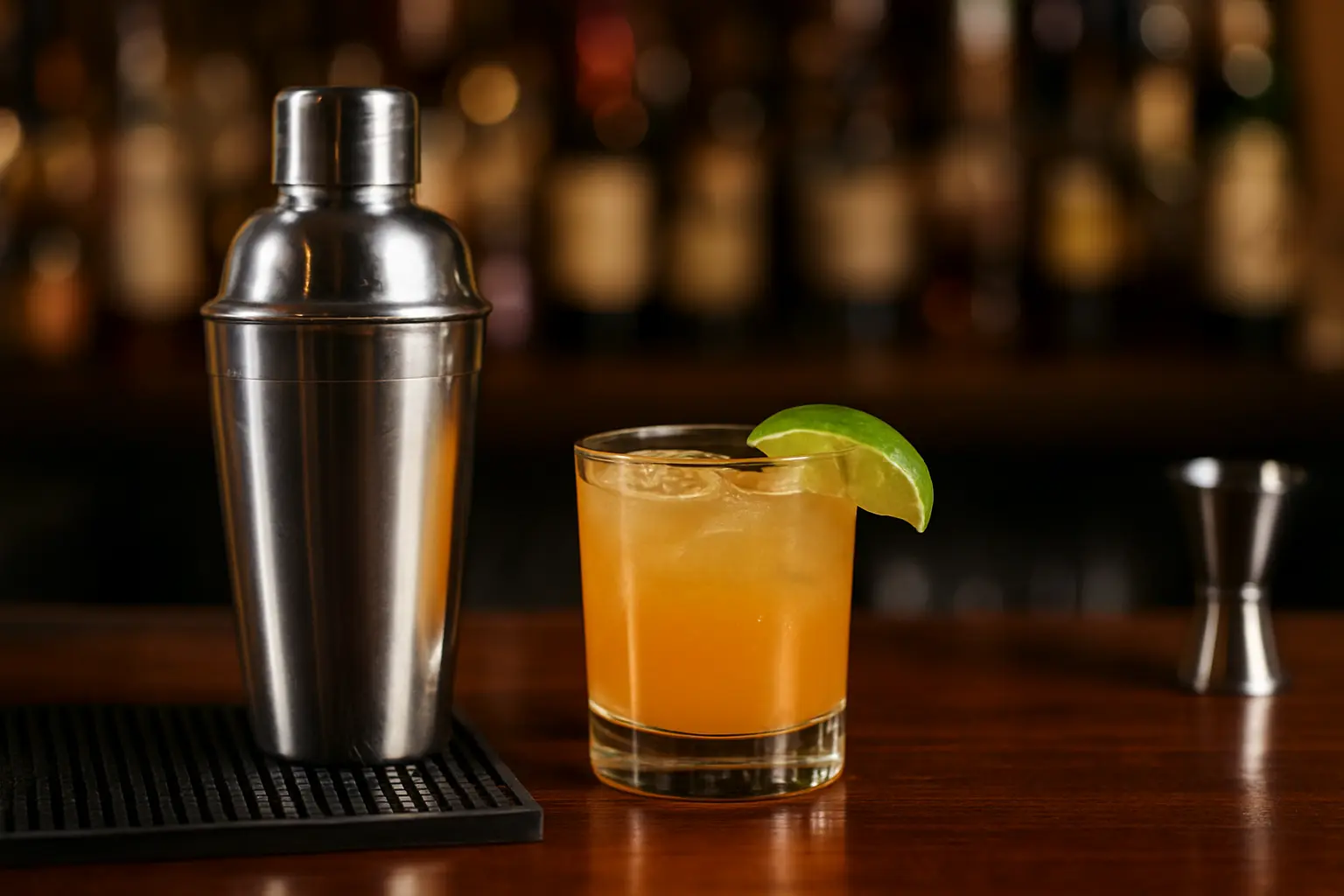
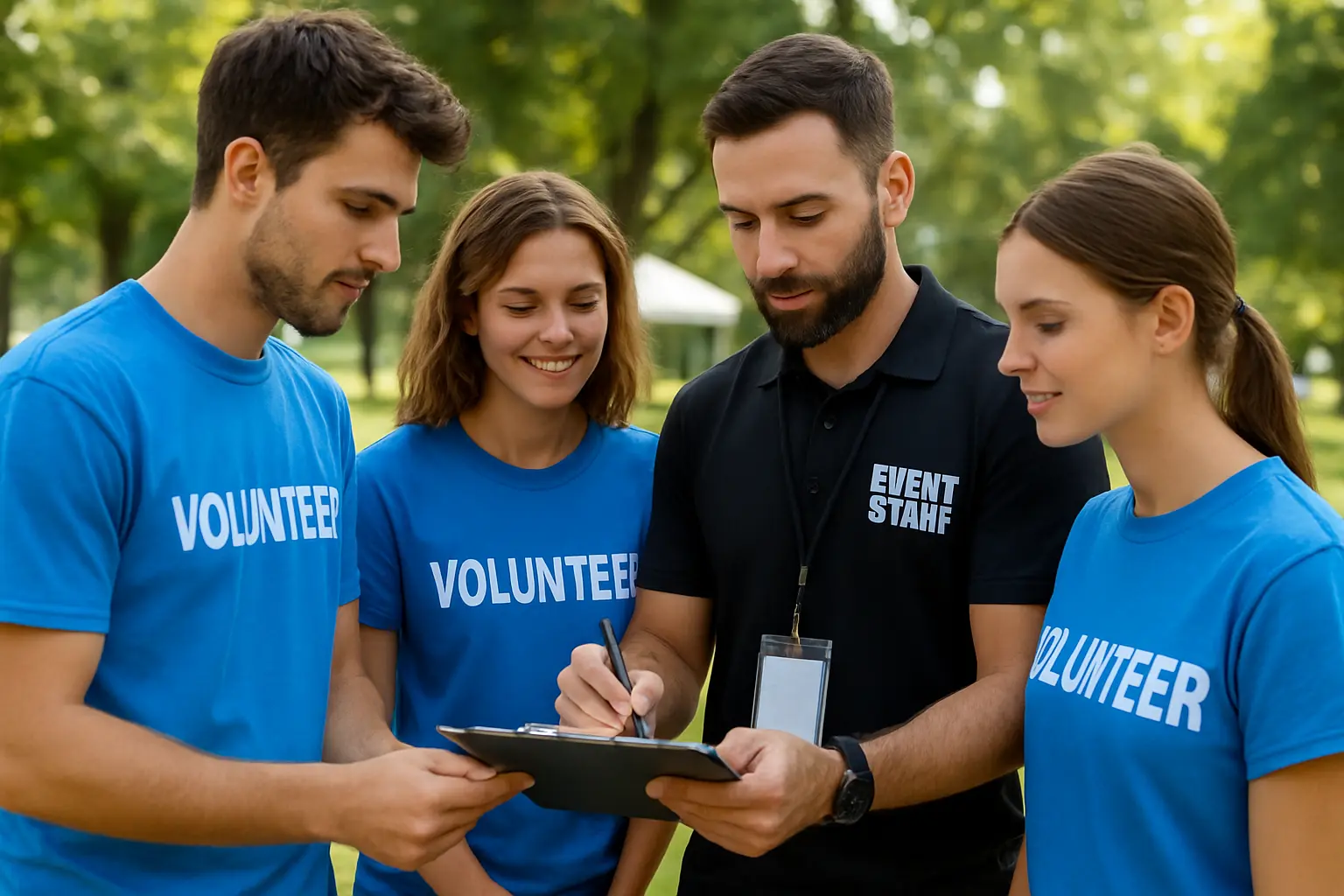



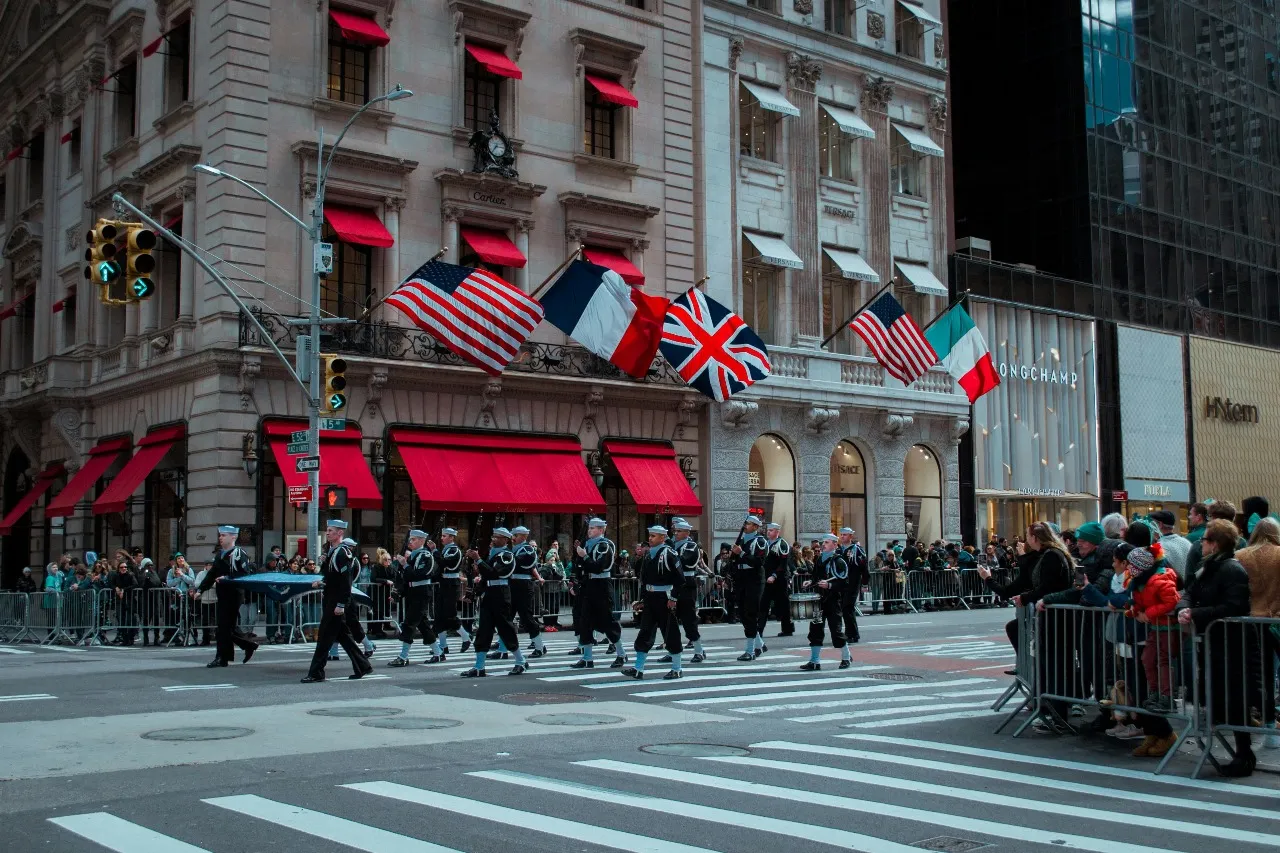

_1000x500%20(1).webp)

